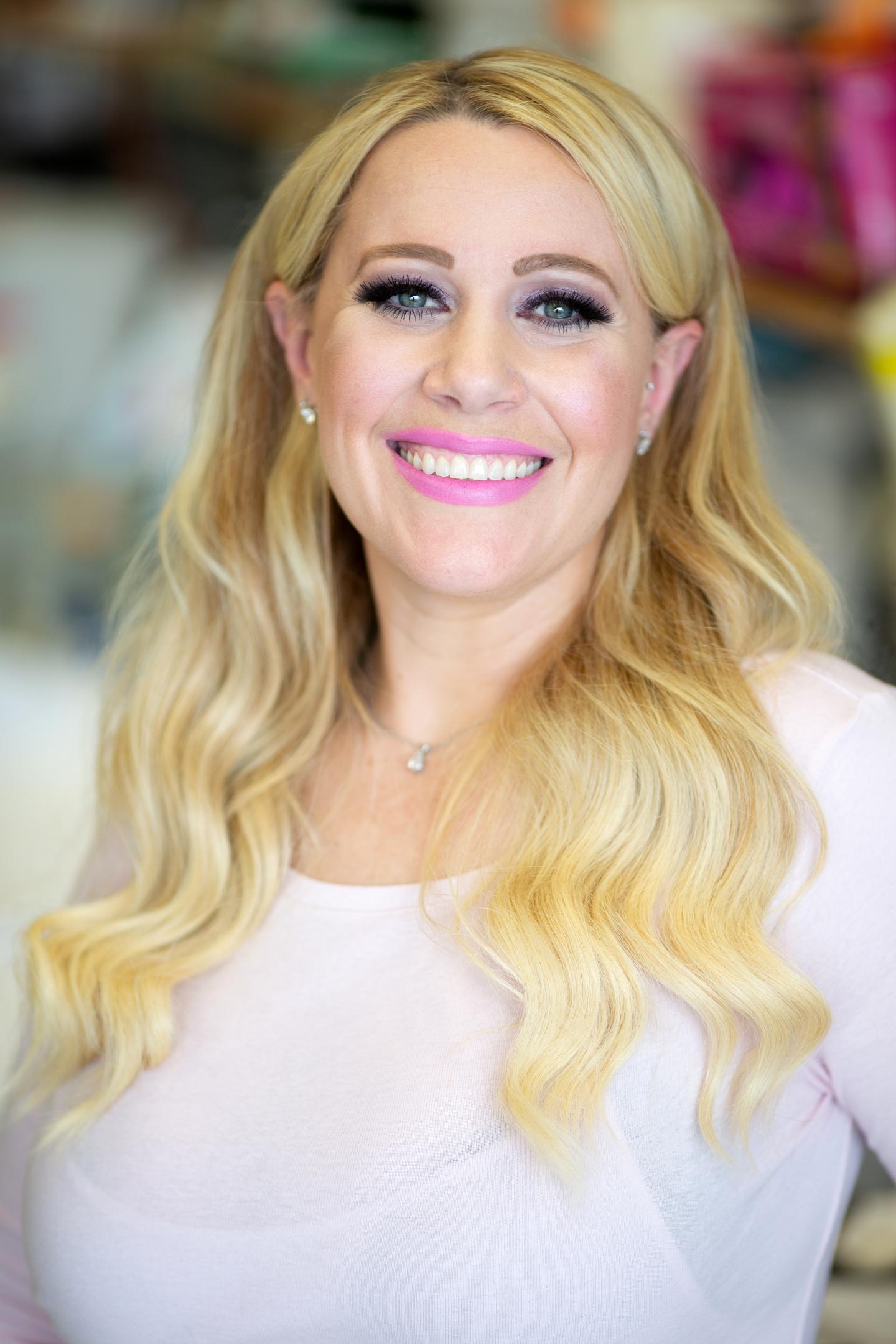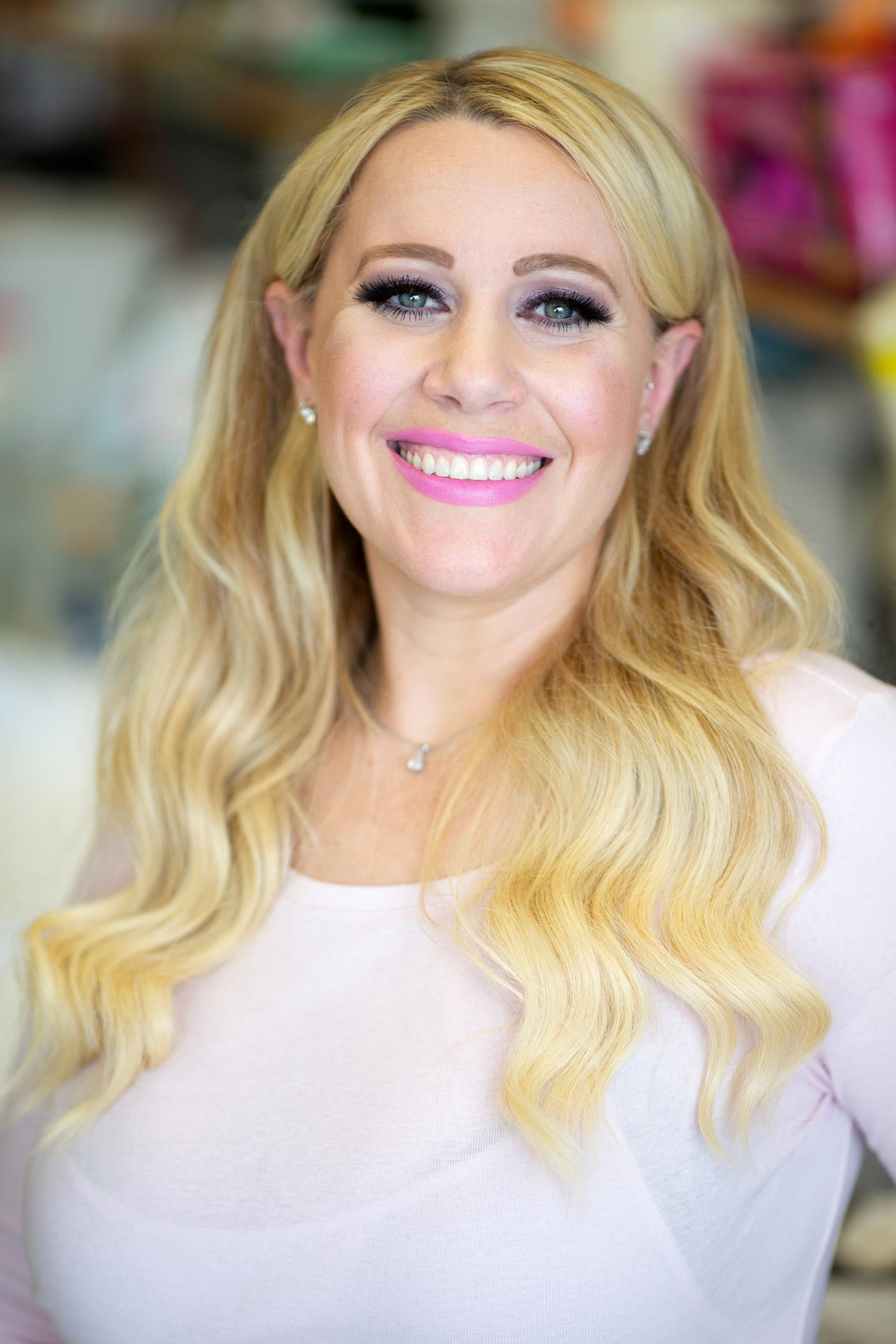
Credit: Salk Institute
LA JOLLA–(October 2, 2018) Associate Professor Janelle Ayres has been awarded a 2018 NIH Director's Pioneer Award by the National Institutes of Health for her innovative research into host-pathogen interactions that promote the health of the host.
The highly sought-after grant, which awards $3.5 million in direct costs over five years, "supports scientists with outstanding records of creativity pursuing new research directions to develop pioneering approaches to major challenges in biomedical and behavioral research," according to the NIH.
"This prestigious award is a testament to Janelle's groundbreaking vision of novel solutions in a time of increased challenges posed by infectious disease and antibiotic resistance," says Salk President Rusty Gage. "Her work is paving the way for entirely new approaches to improve human health."
As a member of Salk's NOMIS Center for Immunobiology and Microbial Pathogenesis, Ayres uses an approach grounded in mathematical and evolutionary predictions to understand how bacteria have evolved ways to promote our health. She has published pivotal studies showing that in addition to the immune system, which kills pathogens, animals have what she calls the cooperative defense system, which protects them from infectious diseases by alleviating physiological damage without killing pathogens. By understanding the underlying mechanisms behind this cooperative defense system, her work points to a new way to treat infectious and non-infectious diseases (such as pathologies associated with cancer and aging) without killing microbes–and therefore without relying on antibiotics, which drive dangerous microbial resistance.
Ayres has uncovered a number of discoveries in this area. In 2015, her lab found a strain of E. coli bacteria in mice that was capable of improving the animals' tolerance to infections of the lungs and intestines by preventing wasting–a common and potentially deadly loss of muscle tissue that occurs in serious infections. In 2017, her team discovered that Salmonella bacteria can overcome a host's natural aversion to food when sick, which results in more nutrients for the bacteria and a gentler infection for the host. Additionally, she recently published a paper in Cell that described how giving mice dietary iron supplements enabled them to survive a normally lethal bacterial infection and resulted in later generations of those bacteria being less virulent.
"Exactly as its name implies, the NIH high-risk, high-reward research program supports ideas that might be too bold for traditional funding mechanisms," says Ayres. "I am honored to have my work placed in this category because high-risk projects have the most potential for both science and humankind."
Ayres, who holds the Helen McLoraine Developmental Chair at Salk, recently received a $1 million grant from the W. M. Keck Foundation to investigate new approaches to tackle deadly bacterial and viral infections, including sepsis and influenza. She is also the recipient of the prestigious Blavatnik National Award for Young Scientists, a Searle Scholarship and a Ray Thomas Edward Foundation award.
Ayres earned her PhD in microbiology and immunology from Stanford University School of Medicine.
###
About the Salk Institute for Biological Studies:
Every cure has a starting point. The Salk Institute embodies Jonas Salk's mission to dare to make dreams into reality. Its internationally renowned and award-winning scientists explore the very foundations of life, seeking new understandings in neuroscience, genetics, immunology, plant biology and more. The Institute is an independent nonprofit organization and architectural landmark: small by choice, intimate by nature and fearless in the face of any challenge. Be it cancer or Alzheimer's, aging or diabetes, Salk is where cures begin. Learn more at: salk.edu.
Media Contact
Salk Communications
[email protected]
858-453-4100
@salkinstitute
Original Source
https://www.salk.edu/news-release/salks-janelle-ayres-receives-nih-pioneer-award-for-novel-approaches-to-infectious-disease/





